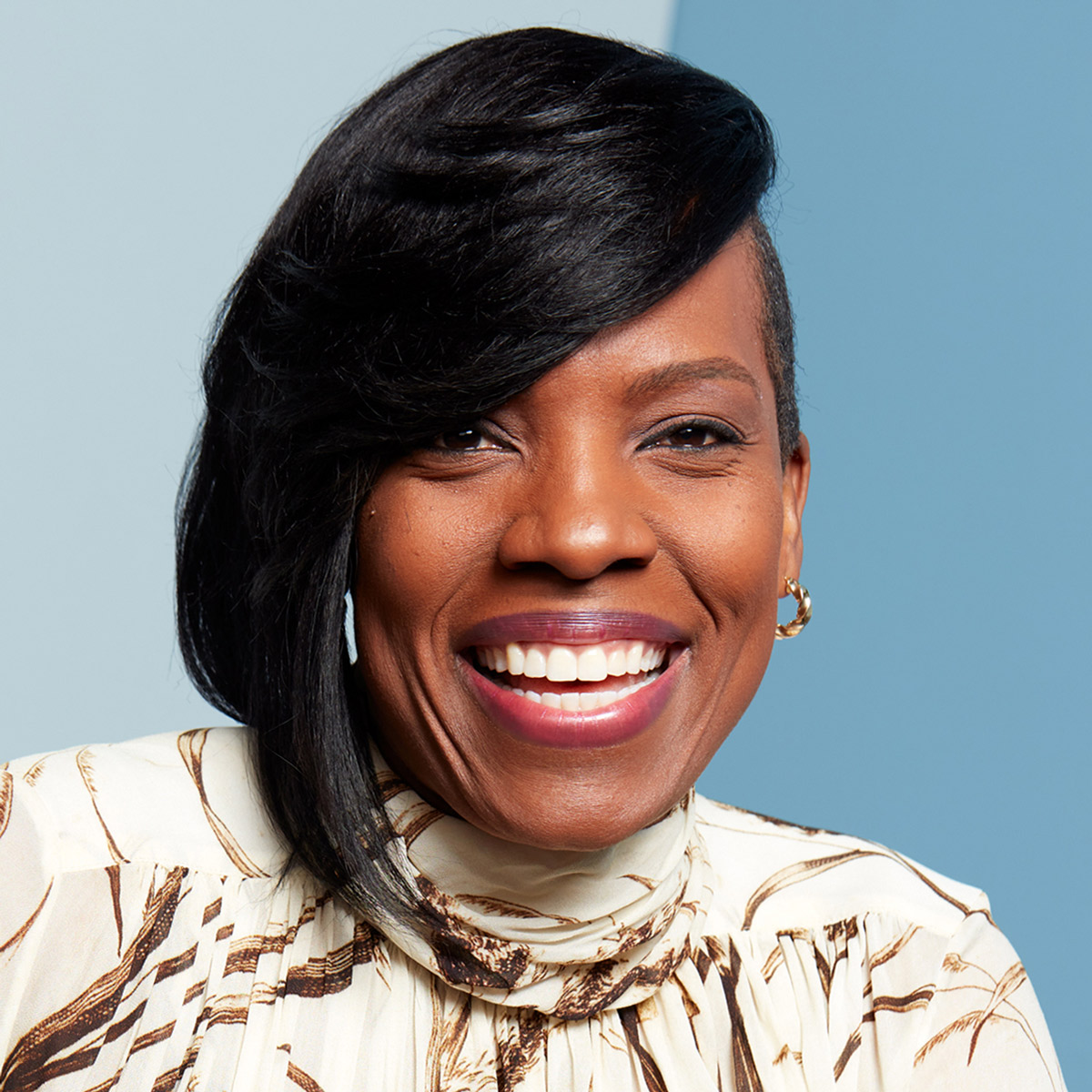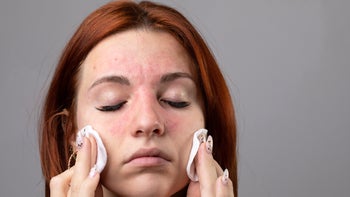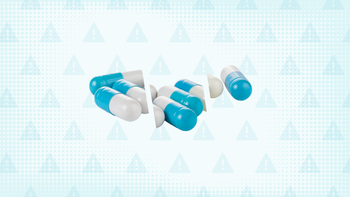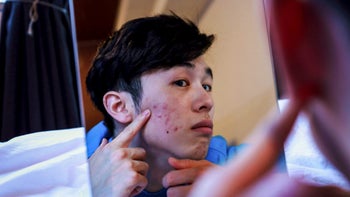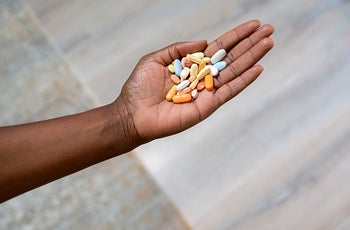
My Best Tips for Black People Managing Adult Acne
Key takeaways:
Beauty influencer Tyler Whitley experienced acne for the first time as an adult.
She tackled her acne by working with an aesthetician, adjusting her diet, and adopting a skin care routine tailored for the needs of her skin.
Her tips include seeking professional treatment, adjusting your diet, and sticking to a consistent skin care routine.

Tyler Whitley, a 36-year-old beauty influencer from Washington, D.C., never dealt with problematic skin as a teenager or a young adult.
Her first experience with acne was in 2020 during the COVID-19 outbreak. Wearing a mask was taking a toll on her skin. And acne was taking a toll on her mind.
“I think that acne hurts physically and mentally,” she says. “It does affect your self-confidence.”
Even for someone who considered herself “overly confident,” Tyler says she was down on herself. “It’s kind of like, ‘Ugh,’ you know what I mean?”


The acne would surface on her forehead and sometimes spread to her cheeks. Visiting an aesthetician helped, but the acne came back after Tyler gave birth to her daughter in 2021.
She’s been open about it on social media. She decided to find out what imbalances might be causing her acne because she was starting to see it more frequently. And she didn’t think it was from her COVID mask.
The role of diet, holistic wellness, and hydration
At her father’s suggestion, Tyler researched holistic wellness and changed her diet.
One Prescription + One Pump + Once a Day
Introducing CABTREO: the treatment that has clindamycin phosphate, adapalene, and benzoyl peroxide all in one topical application. Now cash pay patients pay no more than $100 using GoodRx.

She started taking multivitamins and eating less dairy, pasta, and bread. She also started working with a different aesthetician, who offered tailored treatments for her skin tone and the acne she was experiencing.
The aesthetician told her, “As Black people, our skin needs hydration,” Tyler says. “She felt my skin was lacking hydration.”
Treating acne on darker skin tones
Tyler’s aesthetician recommended enzyme facials, chemical peels, and extractions to clear blackheads and whiteheads, and breakouts and to address hyperpigmentation. These treatments also helped fade dark spots caused by acne. Tyler liked the results.
“We see on social media these beautiful people with perfect skin,” she says. “What works for her just might not work for you. We’ve got to get to the root of the problem to fix acne.”
Types of acne on darker skin tones
Acne affects people of all skin tones, but for Black people the skin often requires special attention, Tyler says. This is because certain types of acne can leave lasting marks or scars that are more noticeable on melanated skin.
Hyperpigmentation: These are dark spots that form after acne heals.
Scarring: This includes keloids that can develop after severe acne.
Whiteheads and blackheads: These are common types of acne that clog pores.
Does it hurt to have a chemical peel? Read about three women’s experiences with this skin care treatment.
How do you get rid of dry skin? Three people share what worked for them.
What is it like to use hydroquinone skin-bleaching cream for dark spots? Find out what people say about using this medication for dark spots and discoloration.
Tyler primarily dealt with whiteheads and a small amount of hyperpigmentation as the acne was clearing. Unlike on lighter skin tones, even minor acne can leave dark spots that are difficult to get rid of for Black people with acne.
Managing hyperpigmented dark spots
For Tyler, addressing dark spots was just as important as treating active acne. Her aesthetician used chemical peels to even her skin tone.
There are several approaches to addressing hyperpigmentation that can help improve skin tone and texture.
Hydroquinone: This topical cream lightens dark spots.
Microdermabrasion: It smooths the skin by removing dead cells.
Laser therapy: It targets dark spots but must be used carefully on Black people to avoid further pigmentation issues.
A skin care professional can recommend the best option for your needs and minimize risks.
Natural acne treatments for Black people
Treatment from a professional is helpful, as Tyler discovered, but because of the cost and possible side effects of conventional treatment, many people explore natural remedies.
More research is needed to confirm the effectiveness of alternative methods. But here are some popular natural ingredients that people experiment with for treatment:
Aloe vera: It has anti-inflammatory properties.
Turmeric: It’s said to help even skin tone.
Tea tree oil: It works as a gentle antimicrobial.
African black soap: It is known for deep cleansing without overdrying.
The best thing to do is check with your skin care professional about using these products on your skin.
Building an effective skin care routine
Tyler’s at-home routine is simple.

Cleanser: It gently removes dirt and oil.
Moisturizer: Hydration is essential for Black skin.
Sunscreen: Daily SPF protects against UV damage.
Serums: She uses serums for day and night.
Exfoliators: They help remove dead skin cells.
Here are basic guidelines to help you choose a regimen that works for your skin type and issues.
Tyler’s advice? Be consistent. Regular exfoliation, sun protection, and clean pillowcases all make a difference.
“Figure out what the body needs, and you will thrive,” she says.
Why trust our experts?


